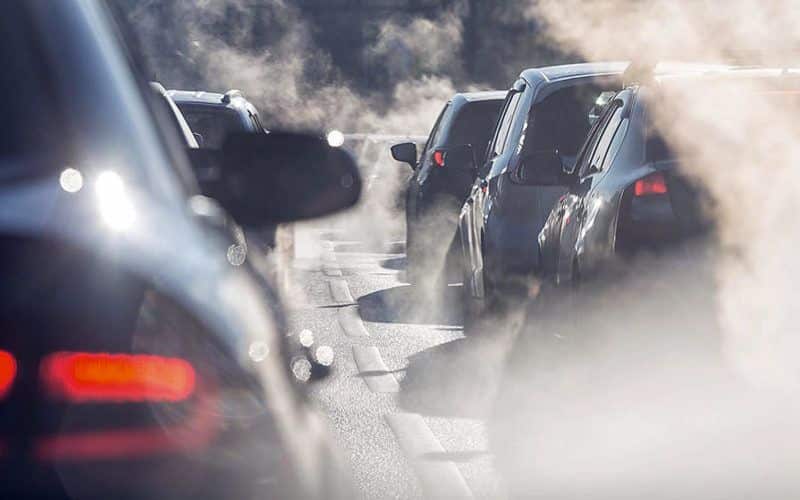Brussels – From black boxes to green boxes for measure the CO2 emissions of private cars, no longer based only on the Euro class of the engine but on the detection of the punctual behavior of individual vehicles. The idea takes shape today (5 December) at the European Parliament in Brussels, where the results of the research conducted by The Urban Mobility Council (Tumc) were present, the think tank born in 2022 on the initiative of the Unipol group, in collaboration with the Politecnico di Milano.
At a time when Brussels moves (the stop of oil and diesel cars will start from 2035) and more stringent rules on the Euro standards, the search “Greenbox: the use of telematics for a new paradigm of sustainability”, carried out out in collaboration with the Politecnico di Milano, objects and concludes -that not all Euro 4 cars are to be broken down and not all Euro 6 are virtuous. The study analysed the issues of a sample of 3 thousand vehicles registered through Italy in 2022 in three identical classes of a thousand cars for each Euro 4, Euro 5 and Euro 6 engine.
The Euro emission standards set emission limits for different air polylutants such as particulate matter and emissions of nitrogen oxide (NOX) caused by the wear of brakes and tyres (which, according to Brussels, are about to become the main sources of particulate emissions from vehicles).The analysis carried out on the Thousand Euro 4 vehicles and the thought Euro 6 vehicles shows, for example, that the average actual CO2 emissions of the Euro 4 per year (4,350kg) are about 20 per cent compare to the average average of the Euro 6 (3650 kg).
It therefore proposes “a new paradigm” to measure the actual environmental impact of each car” using black boxes which in this case would become boxes green, i.e. green boxes. These green boxes would measure the green gas production of each individual vehicle (CO2), on the basis of the technical specifications of the engine as well as the road type, mileage, average speed and driving style.
The research was presented today at European Parliament in Brussels by Matthew Laterza, CEO of UnipolSai, and Sergio Savaresi, Director of the Department of Electronics Information and Bioengineering of the Politecnico di Milano, on the initiative of MEP Giuseppe Ferrandino (Renew Europe).Maria Veronica Rossi, Member of the Committee on the Environment, Public Health and Food Safety of the European Parliament, Massimiliano Salini, Member of the Committee on Transport and Tourism and Patrizia Toia for the Committee on Industry, Research and Energy of the European Parliament and Dario Dubolino of the European Commission.
Modifying the driving style “can contribute more than proportional to reducing CO2 emissions compared to what could be achieved through a process of total conversion of the car fleet to Euro 6 or 7 models” and is “an aspect on which it is worth doing some insights,” said the managing director of UnipolSai, Matthew Laterza, before the start of the Round Table.
English version by the Translation Service of Withub




![Un motoscafo in Svezia. Nell'Ue si pone un problema di mancato riconoscimento delle patenti nautiche [foto:
Matti Blume, Wikipedia Commons. Copyright: Creative Commons Attribution-Share Alike]](https://www.eunews.it/wp-content/uploads/2024/11/motoscafo-Saltsjoen_Stockholm_P1090679-120x86.jpg)
